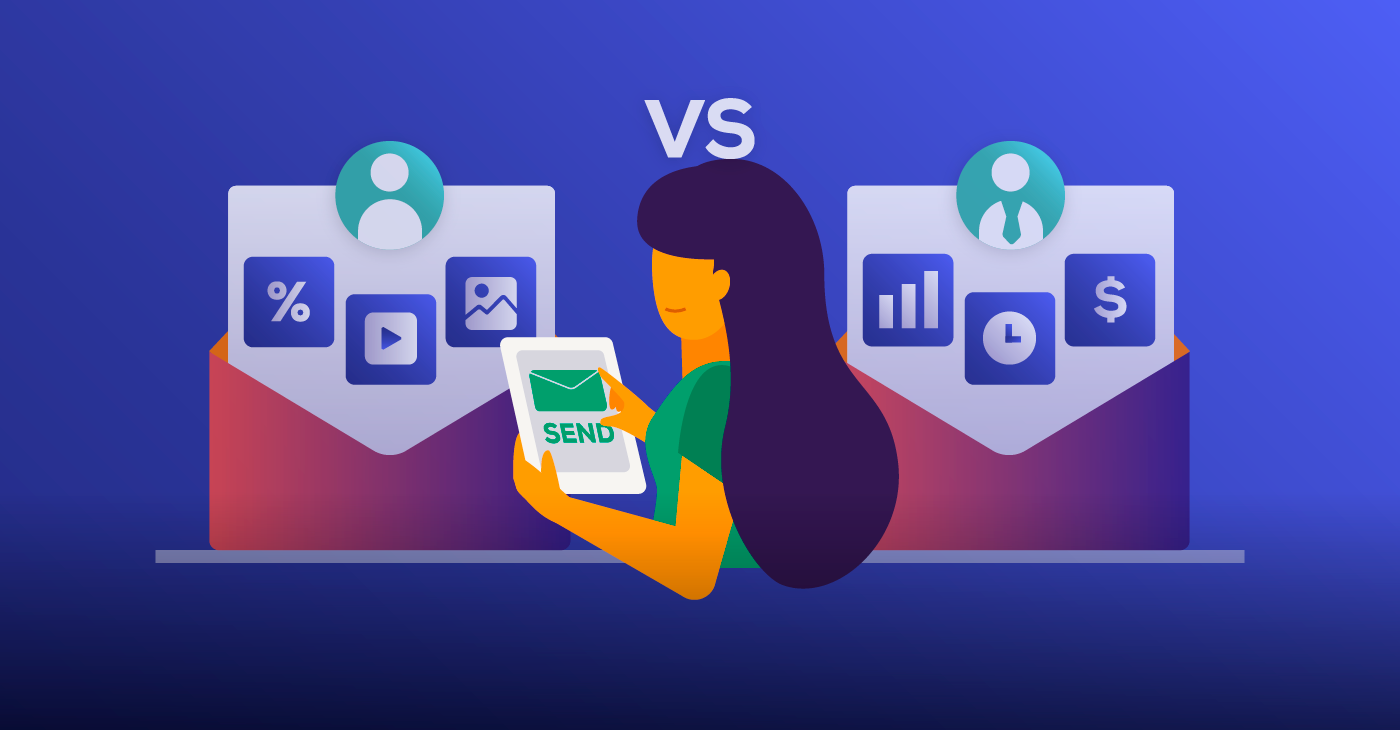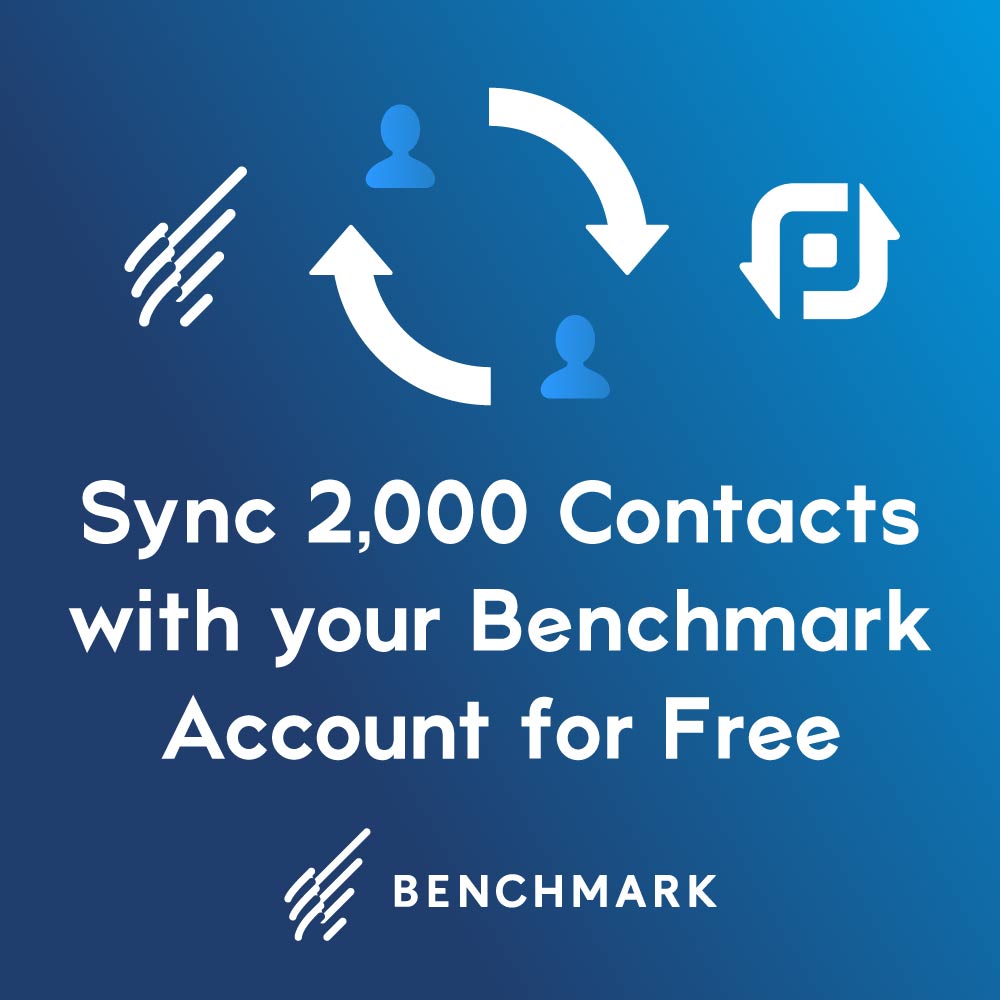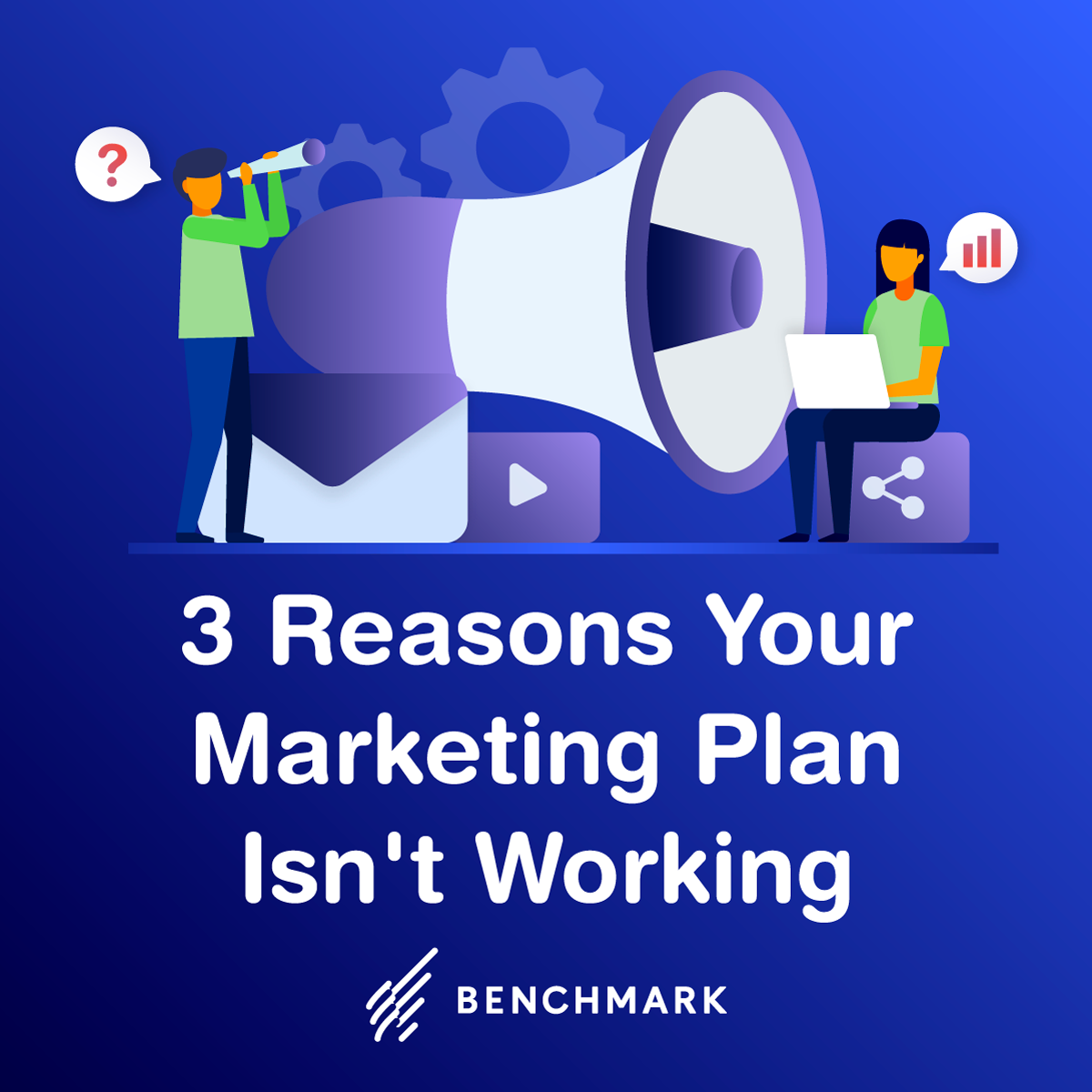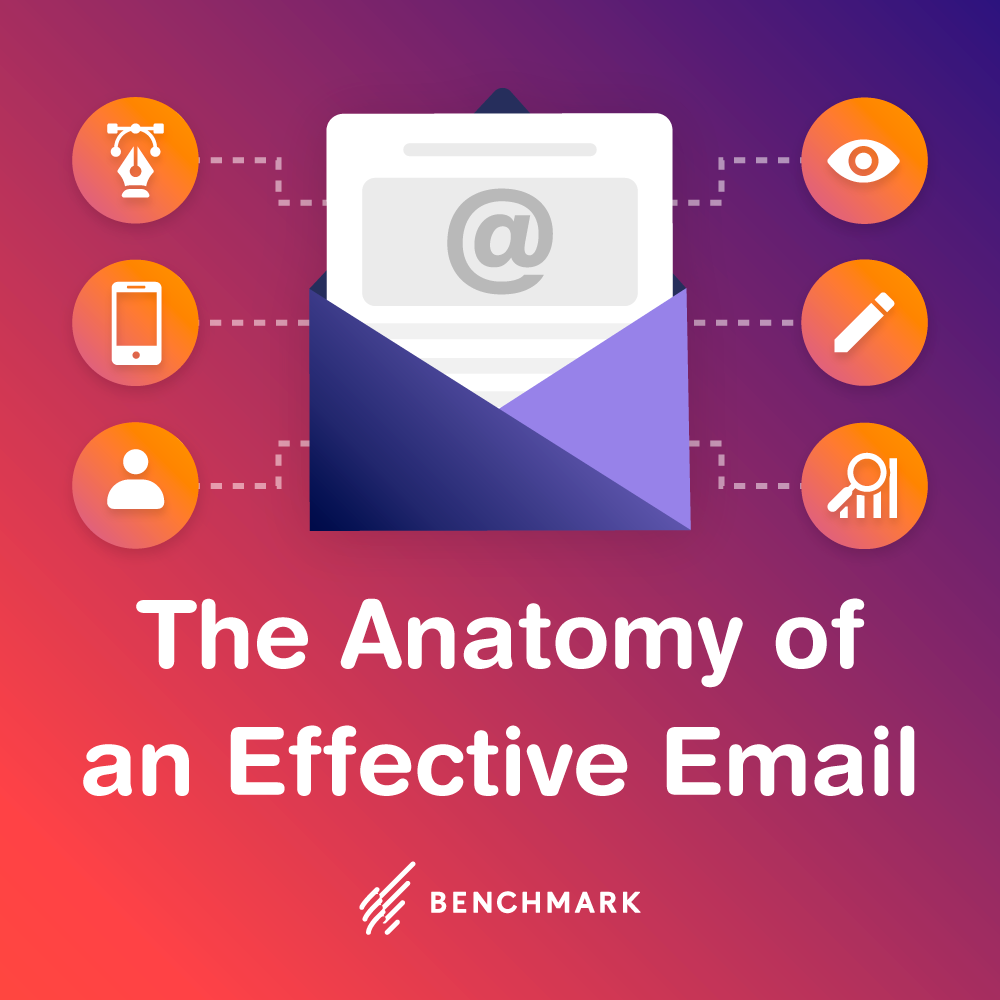
Rule number one of any website design project is that you keep as much of your data and mechanics under one umbrella. Here’s why:
If you’re building a website that relies on third-party apps and platforms to flesh that out, you’re compromising your ability to keep your website and data intact as those apps and platforms naturally die over time. Say you invest $5k in a website but then rely on a completely different third party app to build out the community forum — what will you do if that third party forum app goes out of business? What will you do if they sell to another business that then changes pricing or the model itself? In any of those situations, your digital assets are completely compromised and beyond your control.
It is not uncommon for even the most popular apps themselves to cut off from the third party apps they also use. In fact, Snapchat did exactly this recently. This brings us back to how else the same rule of security and data applies to our business in other – even lesser known – ways: our social media platforms.
Third party apps aren’t the only thing to die off. Think of all the social media platforms that have come and gone. Sure you might not have used some of them but everyone used MySpace – and what happened when MySpace died out, changed it’s direction to once again be focused on music, and/or you choose to leave it for Facebook? What happened to all your contacts as they chose to leave and migrate elsewhere?
Let’s look at some of the data concerns to hit just MySpace alone. After its decline, MySpace “vanished” user blogs. All that hard-won content and the engagement with it disappeared overnight for some people. It was particularly damaging to users who hadn’t saved the content elsewhere or relied on MySpace as their platform. The social media platform pushed for this move in an effort to ‘modernize’ their platform. All that user history and critical records went in the blink of an eye without any notice or ability to retrieve content.
MySpace and LinkedIn were also hit by hackers, an attack that compromised the login credentials for millions of users — that then compromises their accounts. 427 million MySpace accounts were hacked and 100 million LinkedIn users were attacked, their info then up for sale to the highest bidder on the dark web.
The 2016 Data Breach Investigations Report showed cyber security crimes as one of the biggest threats, costing an estimated $2 trillion by 2019. The fact remains, any social media platform is a target. The bigger the platform, the bigger the target it becomes. The same holds true for those social media platforms that might be attacked for political reasons and their policies when it comes to censorship. And if they have secured their walls against these attacks, there is still nothing to ensure that the company won’t change their method of practice or business, or sell to another company.
This speculation is especially the case for Twitter and Facebook as they become more entrenched in political affiliations through management interests or investor interests. The point is, you can’t control the direction of the platform in the future, but you can minimize your damages.
LinkedIn is a great place to start. LinkedIn, the biggest business social media platform there is, allows users to export their contact list which you can then integrate into your email lists.
At the end of the day, your email list is the only real tangible asset you have — the one thing that stays with you as platforms rise and fall. Having a list of engaged subscribers – especially subscribers you’ve been able to curate from social media as well in case those platforms fail — is worth its weight in gold. This is the tribe of people who will stay with you even as the digital landscape changes. With Benchmark’s Automation Pro, you can set up a journey to optimize the lists and increase engagement with the subscribers. At the end of the day, it’s not just about having that list; it’s about how you use that list and how you maintain its integrity.



